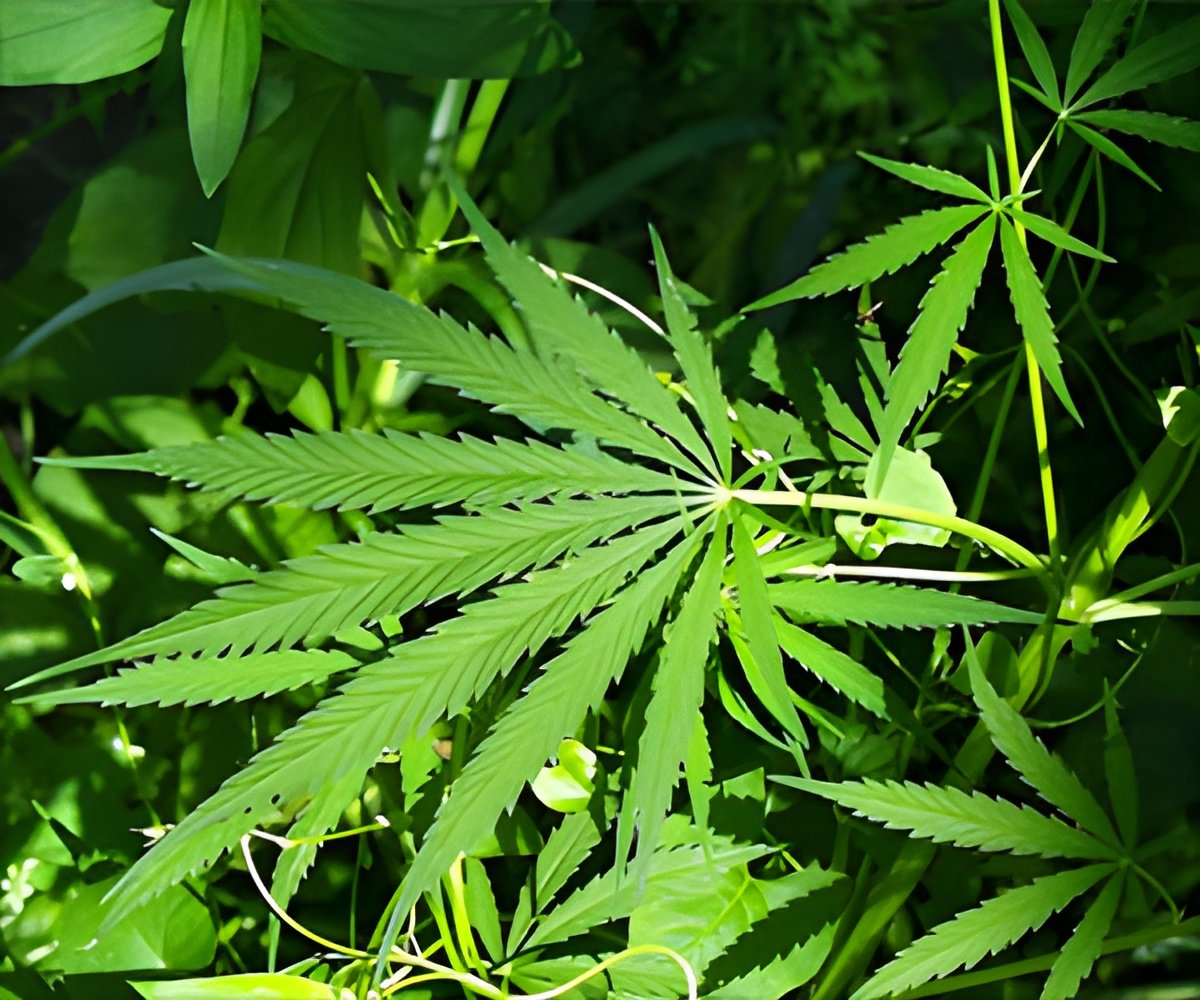The group hopes the ruling will force Congress to consider legalizing marijuana, a move they say would strip drug cartels of a key source of cash.

‘Mexico's top court gave a group of activists permission to grow and smoke their own pot, but not sell it. Several people celebrated this historic ruling by smoking joints and dancing to reggae music.’





Justice Arturo Zaldivar, who backed the group's effort, said, "The country's marijuana prohibition is an extreme and disproportionate measure." Dozens of people celebrated this historic ruling by smoking joints and dancing to reggae music.
The group hopes the ruling will force Congress to consider legalizing marijuana, a move they say would strip drug cartels of a key source of cash and therefore reduce the country's runaway violence.
President Enrique Pena Nieto, who has opposed the legalization of pot, said, "My government respects and accepts the ruling. The decision is limited in scope to the four members of SMART and that it does not mean a broader legalization of marijuana. The ruling, however, opens a broad debate on how to regulate the use of marijuana and inhibit its consumption."
Health Minister Mercedes Juan Lopez said, "My ministry will now have to draft new regulations to ensure that the health of non-pot smokers and children is protected. The government will also have to look at terms for importing seeds."
Advertisement
Jorge Mario Pardo, the judge who voted against SMART, argued, "The ruling could not work because it does not address the ban against obtaining the seeds to grow marijuana."
Advertisement











